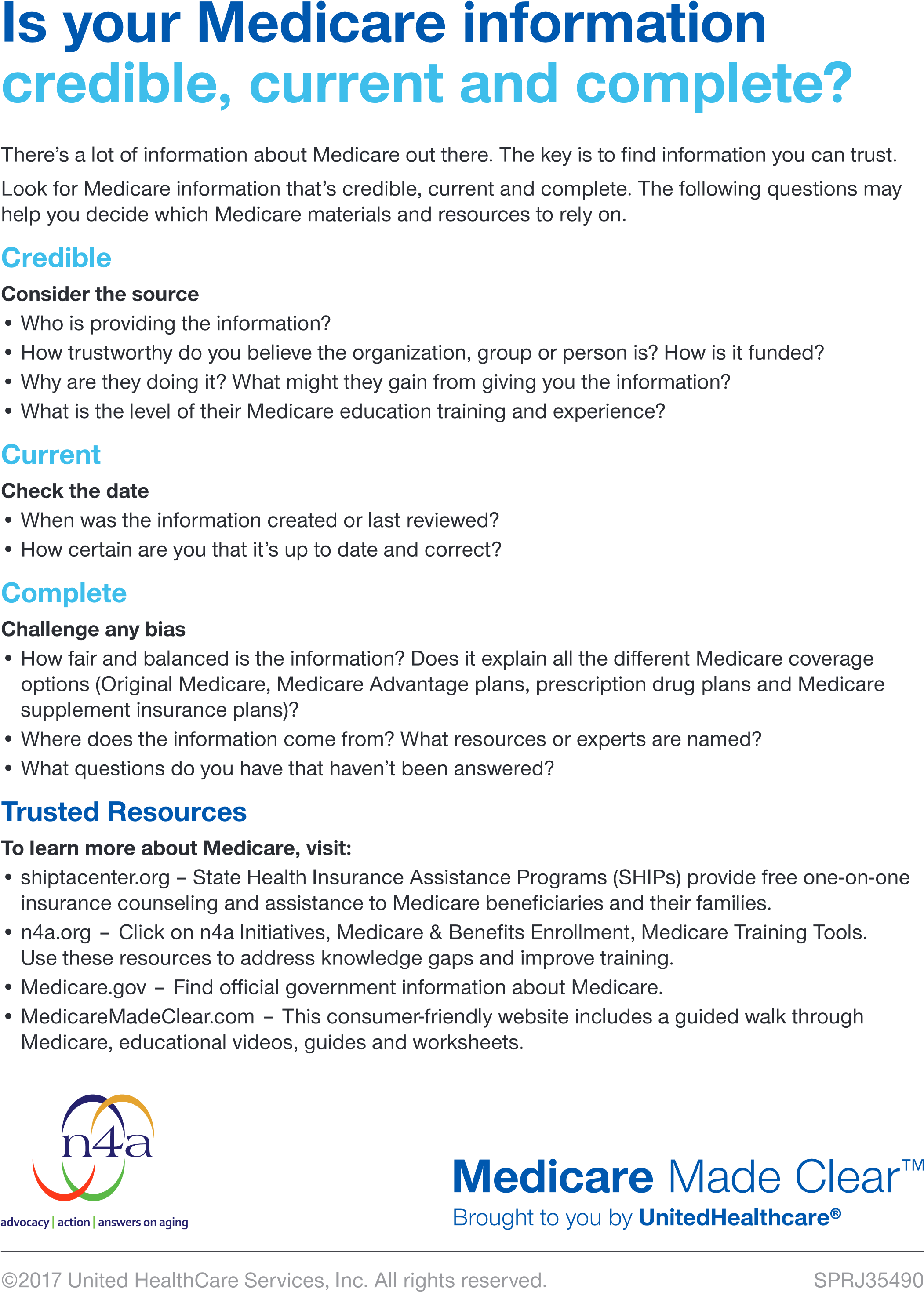| |
There are many fun ways to be active outdoors, but make sure you stay safe in the sun. Go4Life has the following tips to keep your skin healthy:
- Limit your time in the sun. Try to stay out of the sun between 10 a.m. and 4 p.m. when the sun’s rays are the strongest. Don’t be fooled by cloudy skies. The sun’s rays pass through clouds. You can also get sunburned if you’re in the water so be careful when in a pool, lake or the ocean.
- Wear protective clothing. A hat with a wide brim can shade your neck, ears, eyes, and head. Look for sunglasses that block 99 to 100 percent of the sun’s rays. If you have to be in the sun, wear a lightweight, long-sleeved shirt and long pants.
- Drink plenty of liquids, especially if it’s hot outside. Water and fruit juices are good options. Avoid caffeine and alcohol.
Visit Go4Life for more tips on staying safe in the sun.
Share this tip sheet on social media:
Twitter: Summer is coming! Check out these tips to stay safe in the sun while enjoying fun activities outdoors: http://bit.ly/2pXIoXb
Facebook: Summer is coming! There are many fun ways to be active outdoors, but make sure you stay safe in the sun. Use sunscreen, wear protective clothing, and limit your time outside between 10 a.m. and 4 p.m. Learn how to stay safe in the sun with these tips from Go4Life: http://bit.ly/2pXIoXb
|
|
